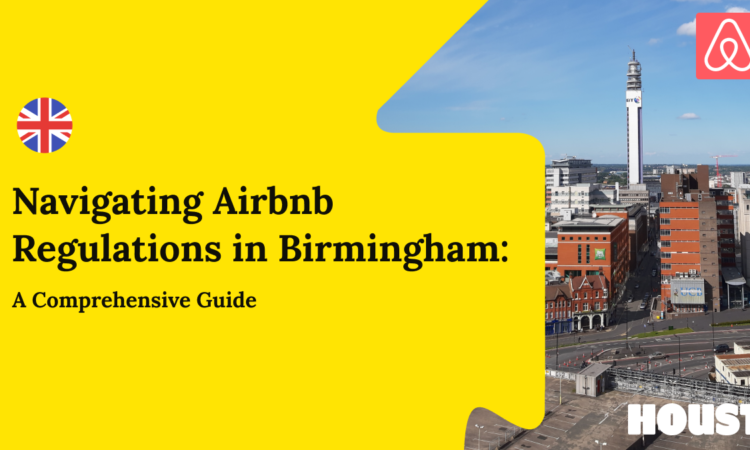
As a host on the Airbnb platform, you are expected to rigorously follow all requirements of the platform. This is crucial since they are the key to your success on the platform. Anyone who doesn’t follow through risks encountering difficulties in the marketplace that could prevent them from flourishing. This article will review the responsibilities of hosts in complying with Airbnb regulations.
A Host’s Responsibilities in Complying with Airbnb’s Regulations
Here are some of the most essential rules that the Airbnb platform has established for hosts. As a host, you should adhere to them scrupulously.
Standards for health and safety
The Airbnb platform places a high priority on the health and safety of its guests. Upholding a good standard of cleanliness is one of these requirements. For guests, this is vital since it impacts their health. It is important for hosts to implement protocols that guarantee their spaces are tidy and clean before guests arrive, throughout their visit, and following their departure. Hosts can effectively assure the cleanliness of their properties by prudently applying the Airbnb cleaning fee. In addition, hosts need to be aware of and strictly follow additional health and safety regulations established by Airbnb.
Zoning regulations
Adherence to zoning standards is one of the guidelines Airbnb provides hosts. A host should exercise due diligence in following these laws and to take all required steps. It is expected of you as the host to verify compliance by researching local zoning regulations in the area where your property is situated. To accomplish this, you can go to the local authorities who are in charge of the zoning regulations in that region. When you visit them, you can examine the zoning regulations that impact the use of your property for short-term vacation rental.
Laws about taxes
It is expected of all hosts to abide by tax laws. Hosts operating in the short-term rental market are often liable for three different taxes. While these can vary by location, they are commonly value-added tax, income tax, and occupancy tax. The gains you receive from having people reserve your space are used to compute your income tax. Value-added tax is levied on rental transactions, whereas occupancy tax is the tax your guests pay when they reserve your space. There are methods for computing each of these taxes. Hosts must be conversant with the reporting techniques and accurately report the taxes as required. In some places, certain types of taxes may be remitted to the tax authorities by the Airbnb platform, but you should check to see whether this is the case for your area.
Business License
A business license application and approval are required for some Airbnb hosts. It should be noted that not all hosts require a business license. The only hosts who are impacted are those who own property in regions where it is required for them to obtain a business license to rent out their space as a short-term vacation rental. Hosts are therefore expected to do extensive study to determine whether or not they should apply for a license.
Conclusion
Some of Airbnb’s rules for hosts have been covered in this article along with the hosts’ responsibilities to abide by them. For hosts to be informed about everything, it is advised that they visit Airbnb support and read the provided information.





